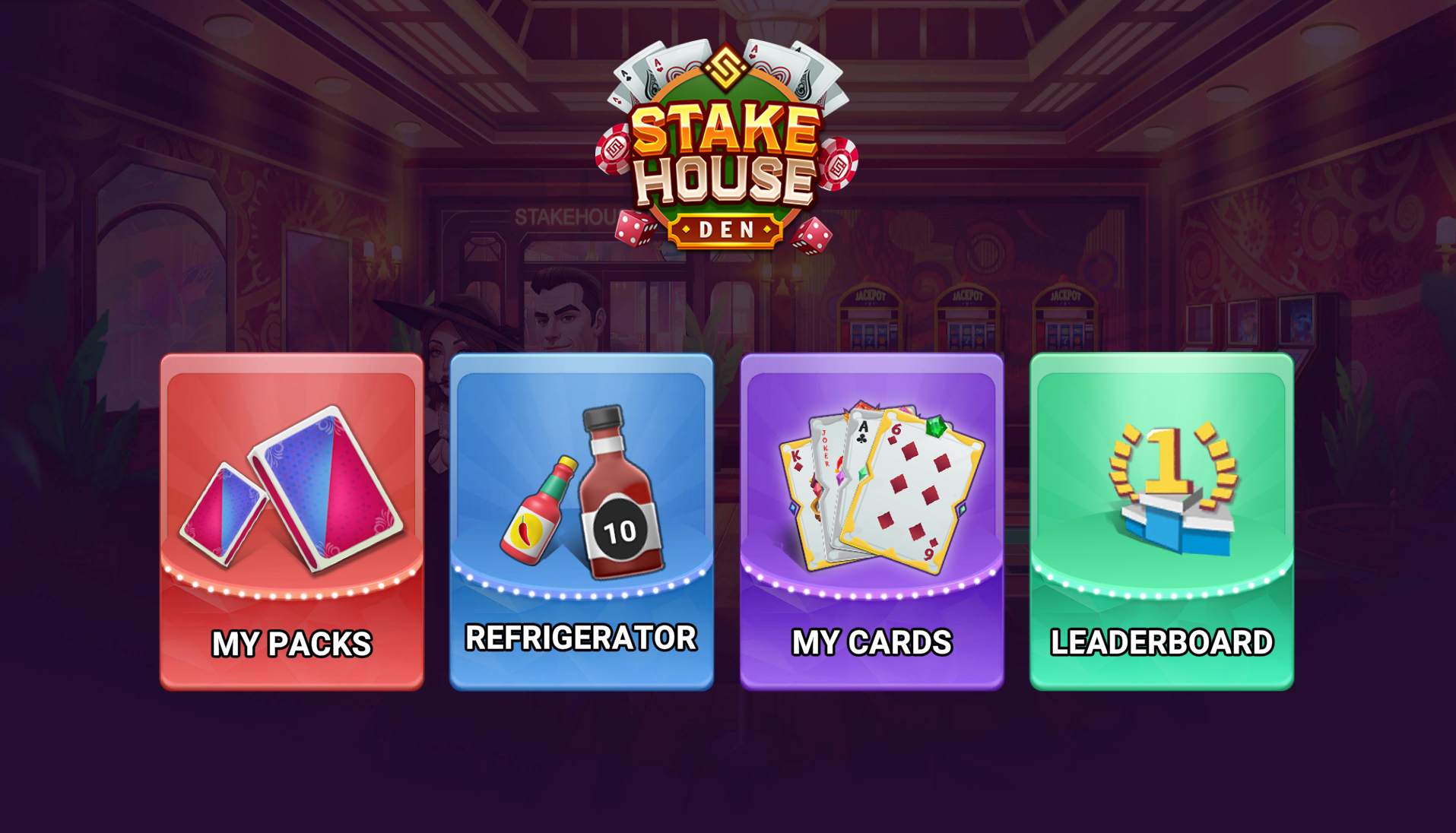
Stakehouse Den reimagines classic casino games—Roulette, Video Blackjack, Video Poker, and Slots—through a Web3 lens. Though the rules feel familiar, the economy stirring beneath runs on a completely different—and more rewarding—engine. As an experienced observer of decentralized gaming mechanics, I’m impressed with how Stakehouse Den blends nostalgic play with modern tokenomics.
Familiar Gameplay, Unfamiliar Rewards
Players step into games they know well: roulette where a ball spins across a wheel; blackjack and poker where hands are dealt and compared; and slots that hinge on matching symbols across spinning reels. The comforting structure of these games is preserved—so users instantly connect—yet they’re powered by a next-gen economy.
The Engine: NFT Packs to HotSauce to $COLONY
The flow of rewards unfolds in seven steps:
-
Players buy Lady Luck NFT packs.
-
They merge NFTs to enhance them.
-
Staking those upgraded NFTs begins.
-
In return, players earn $HotSauce—a non-transferable, fungible token. splinterlands.gitbook.io
-
Before playing, they allocate HotSauce to set their reward multiplier.
-
During gameplay, wins yield rshares based on multiplier and win quality.
-
Final payouts in $COLONY tokens are determined by daily reward pools, NFTs staked, bonuses, and jackpots.

What This Means for Players
This system rewards strategy on multiple levels—owning rare NFTs, merging to maximize power, staking intelligently, and choosing when to invest HotSauce for bigger multipliers. Losses are tolerable (no COLONY lost), while victories get amplified via rshares, jackpots, and staked boosts.
Stakehouse Den takes cozy casino favorites and equips them with Web3’s most compelling levers—NFT staking, multipliers, and tokenized reward pools. It’s not just games; it’s a layered economy crafted for discerning, strategy-minded players.